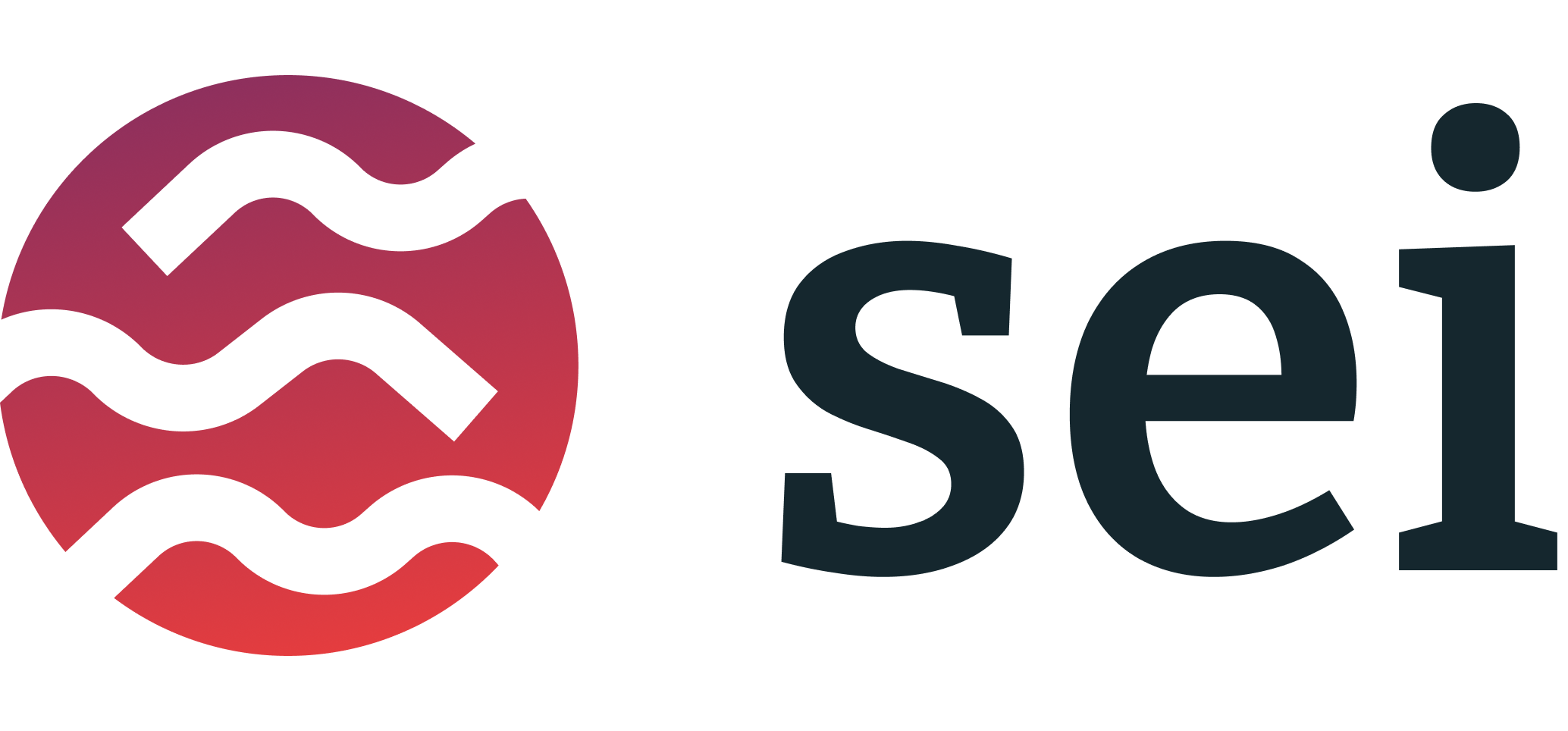You will be joining a team of remote sensing experts at a dynamic start-up to answer the complex hydrological issues our world faces today and in the future.
What you’ll do:
- Design research methods for insights into global and regional water issues, with topics varying from water balances to soil-vegetation-water interactions to forecasting water supply demands in agricultural areas
- Explore new methods, technologies, and tools to model impacts to the hydrological cycle, including climate change datasets
- Collaborate with teams of experts, from fellow geospatial analysts to data scientists to sales and marketing
What We're Looking For:
- Someone who is thrilled with exploring new geospatial datasets and techniques and dreaming up novel ways to form connections to real world hydrological problems
- Knowledgeable and effective at applied research methodology - you’re equally comfortable reading peer-reviewed journal papers as you are looking through forums for sparks
- Able to successfully communicate scientific concepts to a widely varied audience, both in writing and on calls
- A great team player – someone with a point of view, who knows how to humbly express it, and is happy to pitch in when needed
Qualifications:
- Deep understanding of global scale hydrology and effects from a climate change perspective
- Experience with regional water balances and water balance sheets
- Ability to use and develop /modify global hydrological models with a full understanding of the theoretical background
- Significant experience with spatial and temporal heterogeneity of hydroclimatic variables and their impact on hydrologic response
- Proven experience in multispectral satellite imagery analysis, in a wide variety of formats, sensors, and resolutions for natural resource applications
- Extremely proficient with GIS software (ArcGIS or QGIS preferred)
- Masters in Engineering specializing in water resources or Geography, a related technical field, or equivalent practical experience
Bonus Points:
- Programming experience, particularly in relation to geospatial analyses (no preference for language)
- Experience in technical leadership, leading project teams, and setting technical direction
- Involvement in geospatial professional societies



